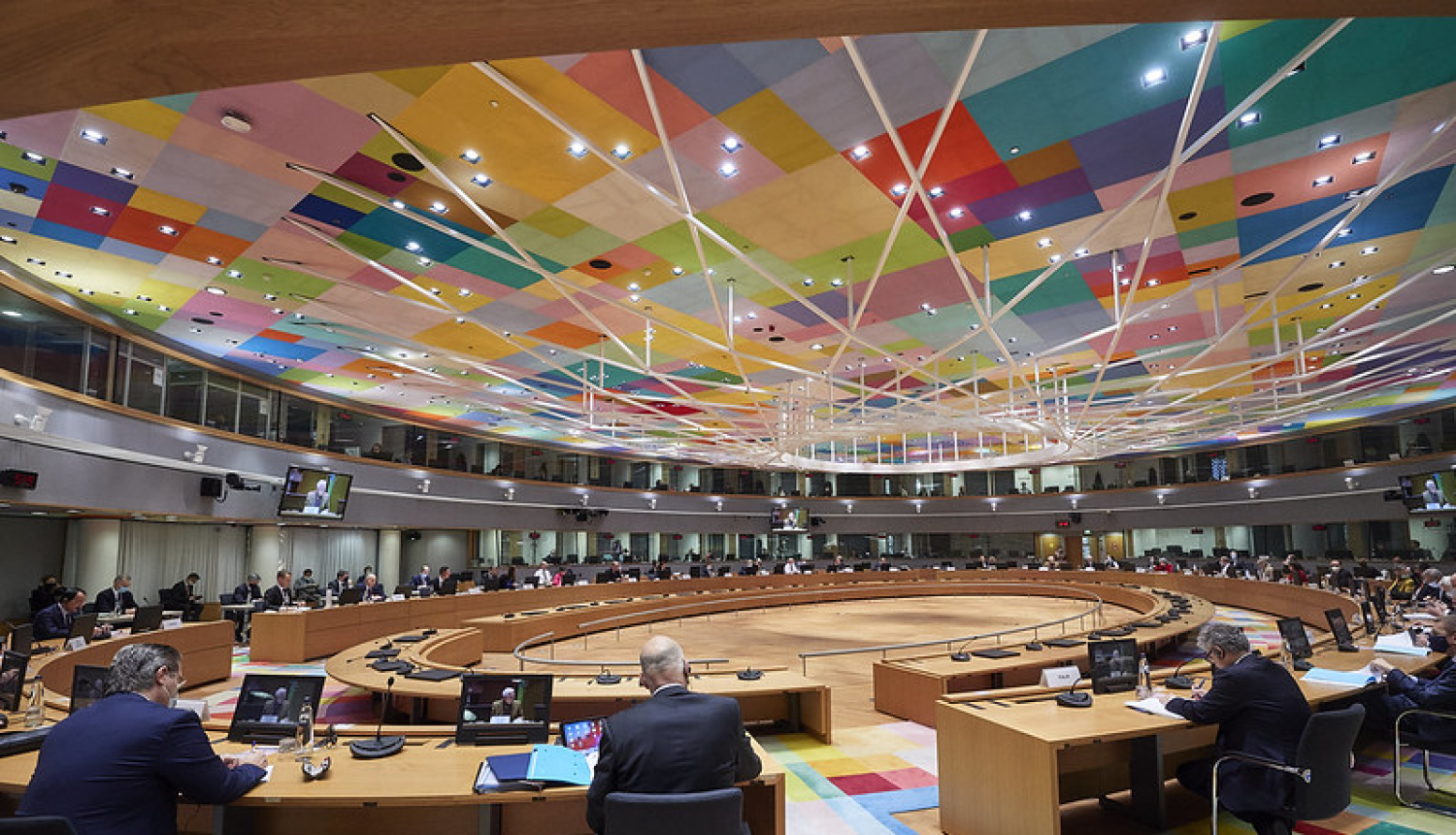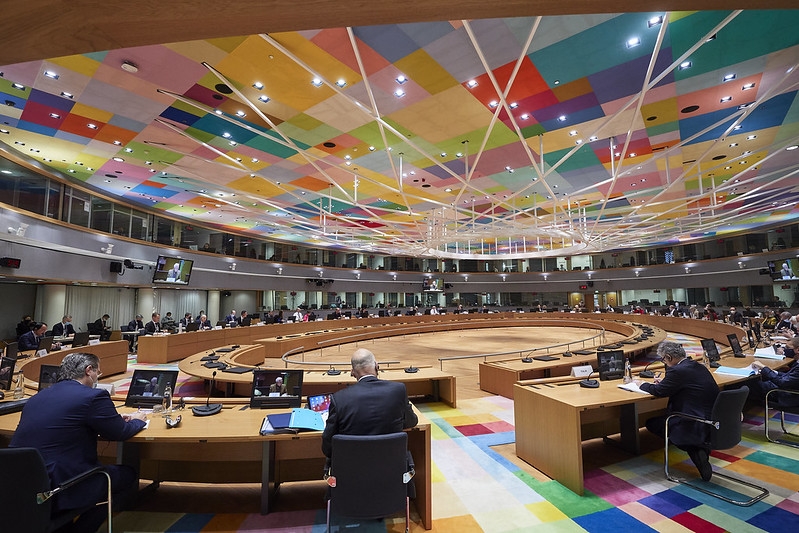On 7 December 2020, the Latvian Minister of Foreign Affairs, Edgars Rinkēvičs, took part in the meeting of the European Union (EU) Foreign Affairs Council in Brussels, Belgium. The Ministers’ agenda included a discussion on future relations between the EU and the United States of America. The Ministers also discussed the state of play with the human rights situation in Belarus, developments in relation to elections to the Venezuelan National Assembly on 6 December, the political situation in Georgia following parliamentary elections and a possible EU response to Turkey’s actions in the Eastern Mediterranean.
Ahead of the International Human Rights Day on 10 December, EU Foreign Ministers approved legislation for the establishment of the Global Human Rights Sanctions Regime that will allow it to target individuals, entities, and bodies responsible for or associated with serious human rights violations and abuses no matter where they occurred.
The human rights sanctions regime will be enforced in cases of genocide, crimes against humanity, serious crimes against human health and dignity, grave and systematic sexual violence or restrictions and limitations on freedoms of expression, movement and belief. Edgars Rinkēvičs pointed out that this is an important decision and at the same time it is essential for the provisions of the sanctions regime to be put into effect. “This is an issue of the EU’s credibility”, said the Foreign Minister.
In the context of developments in Belarus, the Ministers underlined that a decision should be taken, at the earliest possible date, on adding to the list of other Belarusian officials and companies that support Lukashenko’s regime and violence against protesters. EU Foreign Ministers also discussed the situation in Venezuela following the legislative elections. The Council was unanimous in not recognising the outcome of the elections, which had been organised in a non-democratic manner.
EU Foreign Ministers also discussed the future of the EU and transatlantic relations following the presidential elections in the U.S. and they highlighted the elements of cooperation with the new U.S. Administration. It was underlined that the future of transatlantic partnership is vital for both sides and it would promote the common good by strengthening multilateralism and international institutions, work on the implementation of common interests and strategic priorities in line with the fundamental principles of cooperation – fairness, openness and competition. The potential areas for intensifying future cooperation between the EU and the U.S. are addressing the consequences of COVID-19, and the health sector in general, as well as climate change, technologies, trade, and building a more secure, prosperous and democratic world.





